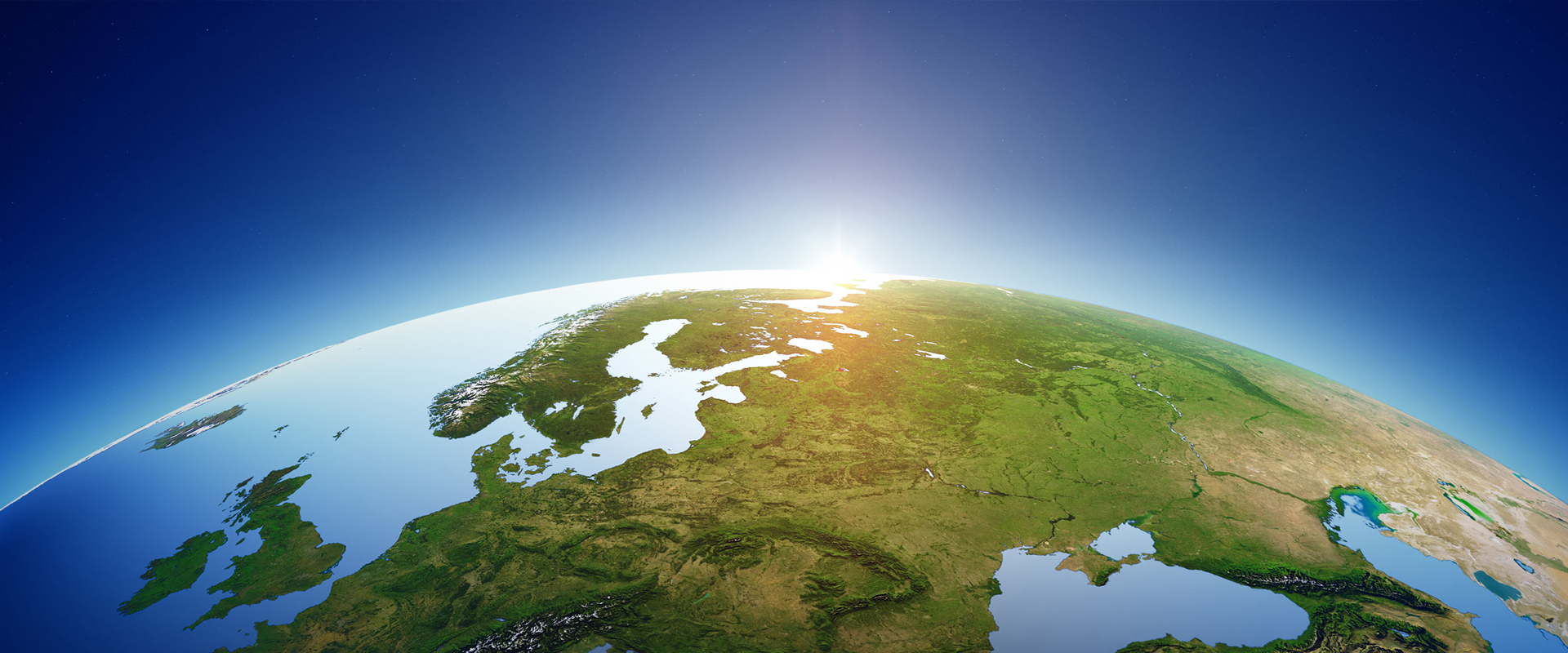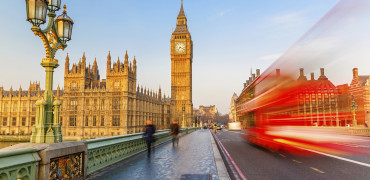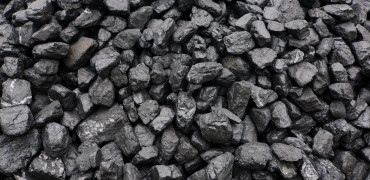However, the reaction of many to the news, including both the European Union and US business leaders and state governors, seems to offer hope of actually achieving more than if Trump had decided to remain within the agreement.
It was only April 2015 when delegates from 171 countries including the US and China, signed the Paris climate agreement at UN headquarters. This important agreement seeks to limit the rise in global temperatures to less than 2°C.
At the time, Ban Ki-moon, the UN Secretary-General said that: "Paris will shape the lives of all future generations in a profound way - it is their future that is at stake.
"We are in a race against time. I urge all countries to join the agreement at the national level. Today we are signing a new covenant for the future."
The Paris climate agreement sought to unite the world's nations in one single agreement on how we should tackle climate change.
Gaining consensus with so many disparate countries and competing agendas on the pressing need to cut greenhouse gas emissions has been regarded as an amazing achievement and rightly hailed as "historic".

A world united
The Paris climate agreement sought to unite the world's nations in one single agreement on how we should tackle climate change.
A brief history lesson
The original Kyoto Protocol of 1997 set targets to cut emissions but only for a small handful of developed countries. This led to the US pulling out of the Protocol and other countries simply failing to comply.
Scientists subsequently pointed out that the Paris accord must be stepped up if we are to have any chance of curbing or even reversing the effects of climate change.
Even with pledges made by countries so far, we could still see overall global temperatures rise by as much as 2.7°C, and the Paris agreement was designed as a roadmap to help speed up progress and limit temperature rises to 2°C or less.
This goal is central to the agreement, in order to prevent what scientists regard as irreversible levels of climate change. These have been judged to be reached at around 2°C of warming above pre-industrial times
The startling fact is that the world is nearly halfway there at almost 1°C and many people have argued for much tougher measures to achieve a target of 1.5°C – especially from countries that face the pressure of rising sea levels as the world warms up.
The new President of the US has also appointed cabinet nominees to the environment, energy and state offices who are all confirmed sceptics of climate change, or who have strong links to, or currently work for fossil-fuel industries.
This has led to real concern that the US government will undo what the rest of the world has been trying to do.
No renegotiation of Paris
The news that the EU has completely rejected Donald Trump’s demand that the Paris climate agreement be renegotiated also appears to have strengthened resolve to keep the agreement on track and get things moving much faster.
The EU has pledged to bypass Washington and work with any and all state governors and US business leaders and to implement the commitments of this historic accord.
Many US states and several major corporations have already pledged to work within the terms that were so hard won in the Paris agreement.
What is also encouraging is that the other major global player, China, has also ignored the demands of the US President.
Chinese prime minister, Li Keqiang, recently said at the end of an EU-China summit in Brussels: “There have been changes in the international situation and there have been rising uncertainties and destabilising factors and in such circumstances it is important for China-EU relations to become more stable”, he said.
This was echoed by Donald Tusk, the president of the European council, who said: “China and Europe have demonstrated solidarity with future generations and responsibility for the whole planet.” This was in reference to a joint EU-China statement that has vowed to “step up” efforts on global warming, including raising $100bn a year to help poorer countries cut emissions.
Whilst the moves by President Trump can be seen to be playing towards an internal American audience in the hope of creating jobs and boosting the economy, the reaction of the rest of the world, along with US business and independent state governors points to a more positive outcome from the decision to pull the US out of Paris.
It looks like the rest of the world has played its Trump Card!
Russell Jones is PR & Communications Manager for Mitsubishi Electric Living Environment Systems in the UK.
If you have any questions about this article or want to know more, please email us. We will contact the author and will get back to you as soon as we can.


